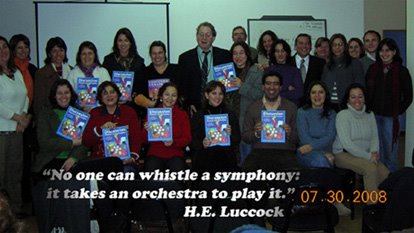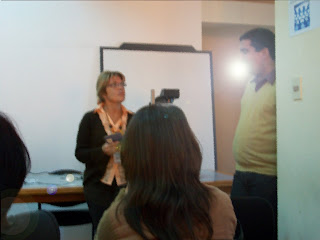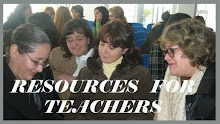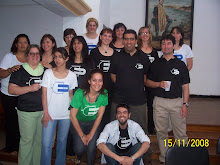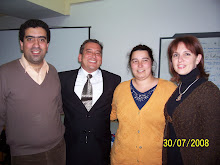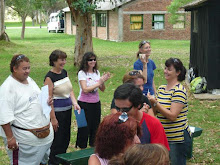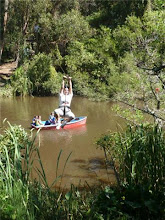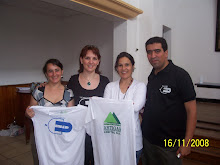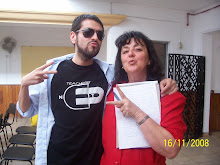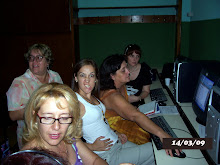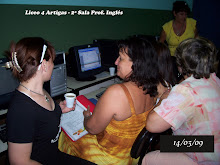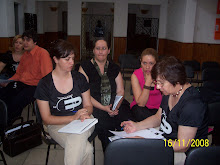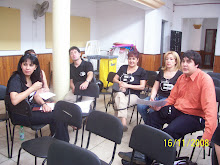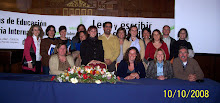
"If your actions inspire others to dream more, learn more, do more and become more, then you are a leader".
John Quincy Adams
"The most effective leaders never say 'I'. They don't think 'I'. They think 'we'; they think 'team'. They understand their job to be to make the team function. They accept responsibility and don't sidestep it, but 'we' gets the credit..."
Peter Drucker
Today is Shirley Romano's (our supervisor) birthday.
When wondering on what to write on this very special date, I couldn't help thinking on how much we have grown as professionals and human beings through our contact with her. Then, I run across the quotes above. They seemed perfect! She has been generously empowering, supporting and inspiring us like great leaders do.
So ... HAPPY BIRTHDAY to Shirl, our supervisor, our friend ...our LEADER. The PADs team you helped give birth to and nurture, wishes you a GREAT DAY. You really deserve it.





